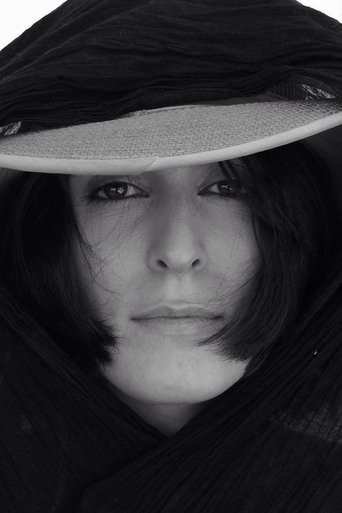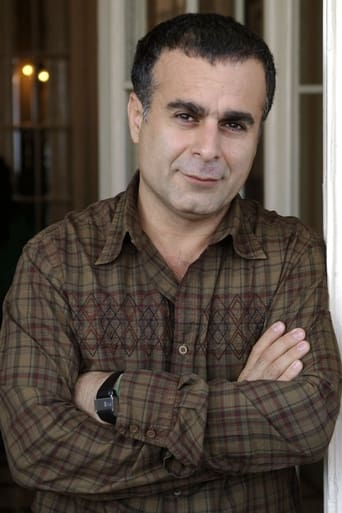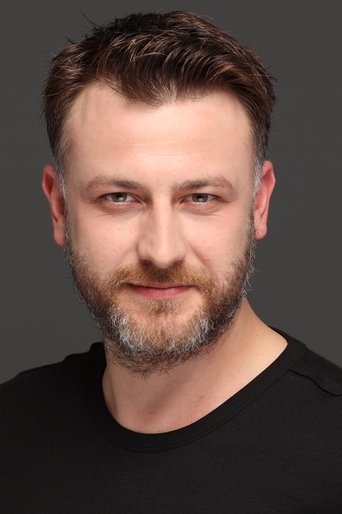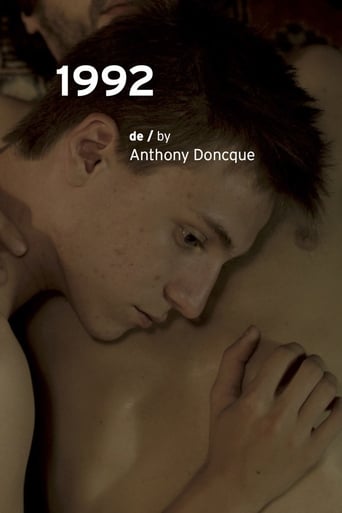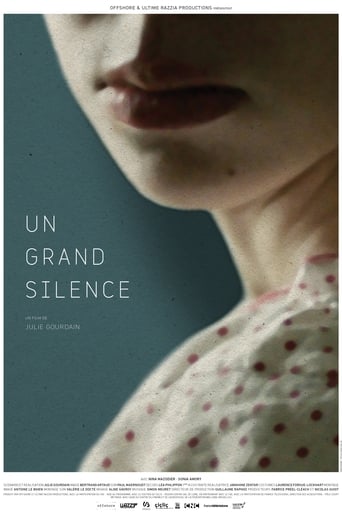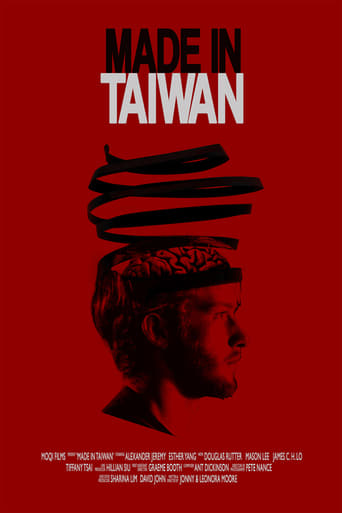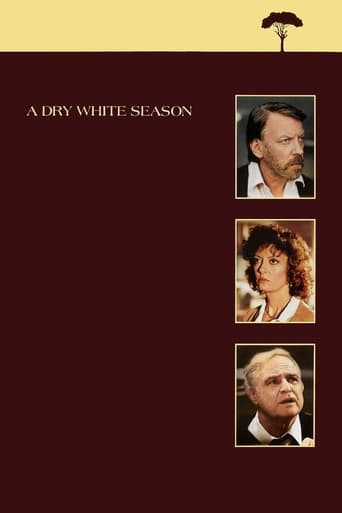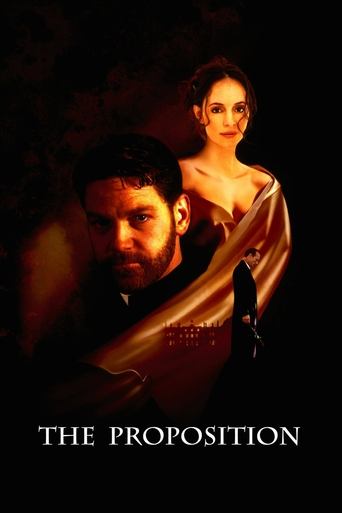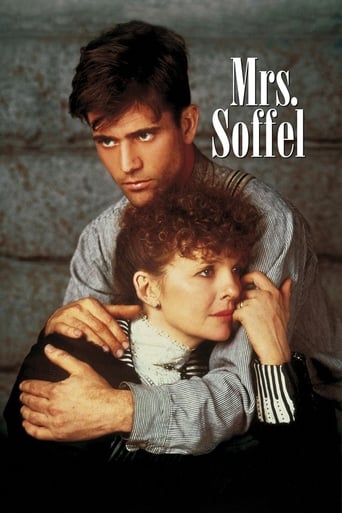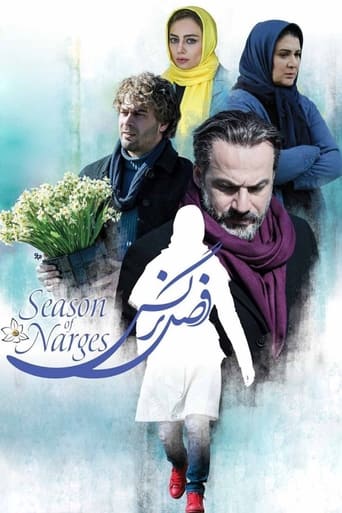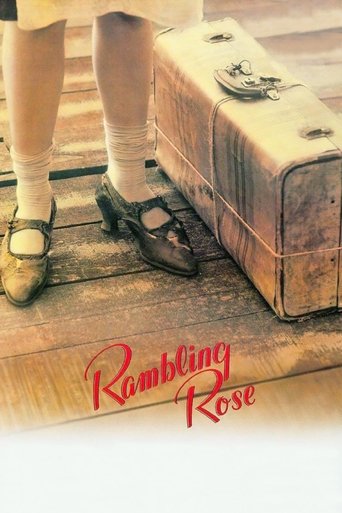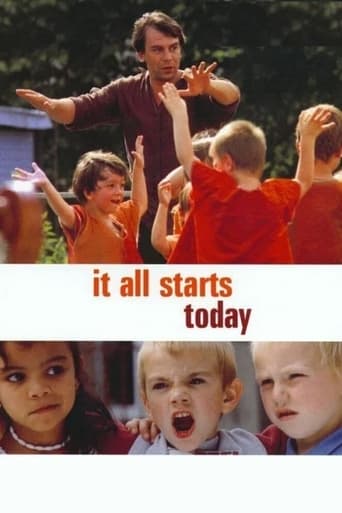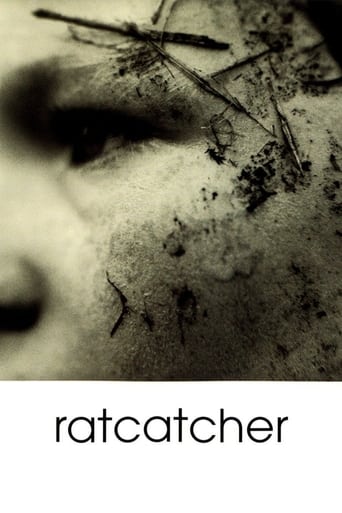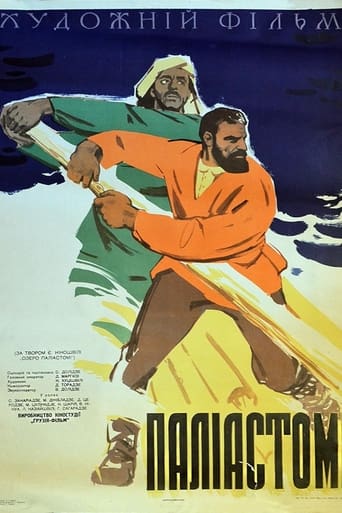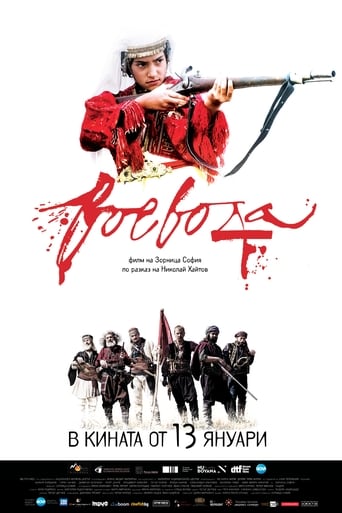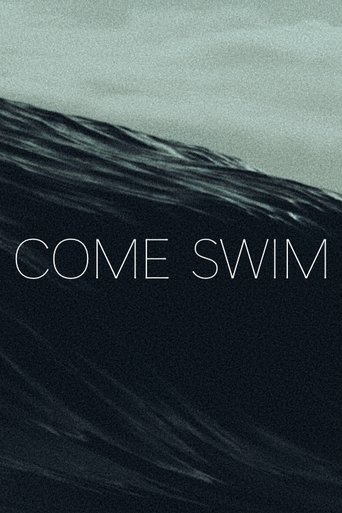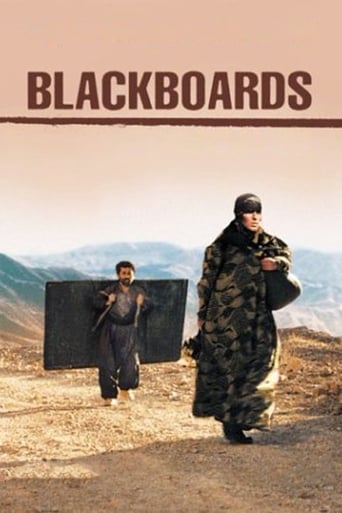
Blackboards (2000)
Itinerant Kurdish teachers, carrying blackboards on their backs, look for students in the hills and villages of Iran, near the Iraqi border during the Iran-Iraq war. Said falls in with a group of old men looking for their bombed-out village; he offers to guide them, and takes as his wife Halaleh, the clan's lone woman, a widow with a young son. Reeboir attaches himself to a dozen pre-teen boys weighed down by contraband they carry across the border; they're mules, always on the move. Said and Reeboir try to teach as their potential students keep walking. Danger is close; armed soldiers patrol the skies, the roads, and the border. Is there a role for a teacher? Is there hope?
- Samira Makhmalbaf
- Samira Makhmalbaf
- Mohsen Makhmalbaf
- Zaheer Qureshi
Rating: 6.6/10 by 39 users
Alternative Title:
Takhté siah - IR
تەختەڕەش - IQ
Country:
Iran
Italy
Japan
Language:
فارسی
Runtime: 01 hour 25 minutes
Budget: $0
Revenue: $0
Plot Keyword: society, teacher, poverty, blackboard, woman director, iranian new wave, kurd, iran-iraq war
Released in 2000, Blackboards was the second film by Samira Makhmalbaf, daughter of acclaimed Iranian auteur Mohsen Makhmalbaf and a precocious director in her own right. As the film opens, a group of itinerant teachers lug blackboards into the mountains of Iranian Kurdistan, seeking to bring education to this illiterate, impoverished region in exchange for some meagre income. Two of the teachers quickly branch off from the group, and the film follows their adventures. Saïd (Saïd Mohamadi) falls in with a group of nomads trying to get back to their native land across the border in Iraqi Kurdistan. Rebwar (Bahman Ghobadi) meets a group of children transporting contraband over the border. The teacher's efforts to help the locals learn to read and write are rebuffed time and time again, to the point that the film takes on the quality of a play by Samuel Beckett or Harold Pinter. Saïd's attempts to get through to the lone woman in the party (Behnaz Jafari) are the height of absurdism. Samira Makhmalbaf's visual aesthetic is mainly that of her father's early films, and the film evokes the beauty of this mountainous region, as well as the desolation that causes its poverty. And it's cool that the dialogue is in Kurdish, as there aren't so many films available in the West that highlight this people. However, I must say that I found other aspects disappointing. Blackboards makes a thought-provoking point that the poor are too busy surviving to worry about ideals like education, but the script doesn't really hang together. The acting is also inconsistent, with a big disconnect between the professional actors and the local Kurds who were brought on. You might take a chance on Blackboards. I certainly don't regret seeing it, it's memorable and there's some humour. But I remain unsatisfied.


